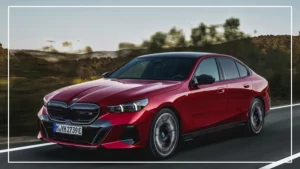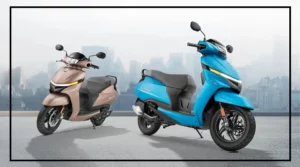The government has issued new guidelines for electric vehicle (EV) manufacturing in India.
According to the new policy, companies investing up to $486 million (around ₹4,150 crore) will be charged minimum import duty. To get this benefit, they must invest the full amount within 3 years.
The policy also allows the import of up to 8,000 EVs per year, but companies must start local production within three years after receiving approval.
The main goal of the policy is to boost EV passenger car manufacturing in India. As part of the new guidelines, companies must manufacture at least 50% of the vehicles under the Make in India initiative.
However, Heavy Industries Minister HD Kumaraswamy mentioned that Tesla has not yet expressed any interest in setting up a manufacturing unit in India. The Ministry of Heavy Industries announced these guidelines today.
Key Highlights of the New EV Policy
The guidelines, released by the Ministry of Heavy Industries, focus on increasing EV car production in India.
The policy requires companies to invest ₹4,150 crore over three years. Additionally, 50% of the production must be done in India.
Importantly, land cost will not be counted as part of this investment. The new scheme also allows EV car imports priced up to $35,000, with a reduced import duty of 15% for a period of five years.
As part of the policy, up to 8,000 electric cars can be imported annually under these special terms.
However, after getting approval, companies must begin manufacturing EVs in India within three years.
Despite the policy’s aim to attract global players, the Heavy Industries Minister confirmed that Tesla has yet to commit to local manufacturing.
This policy aims to bring in major global EV companies like Tesla and encourage them to invest in India.
However, it may also present tough competition for Indian automakers, as they will have to match global standards in technology and quality.
At the same time, this competition could drive improvements in the sector. With India being the third-largest auto market in Asia after China and the U.S., this policy marks a major step toward turning India into a global hub for EV manufacturing.

























